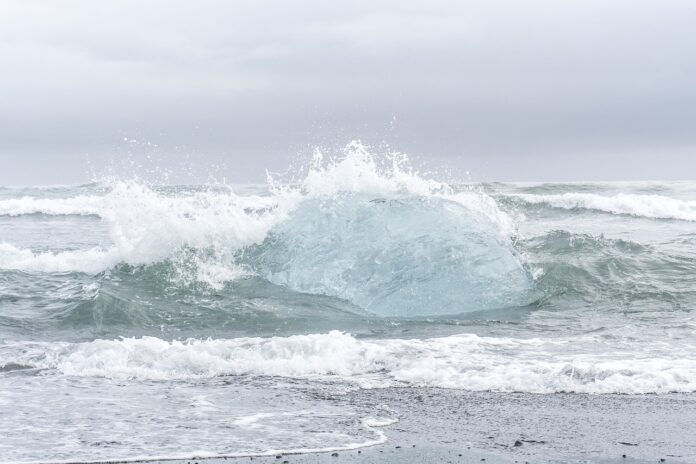Source: MakeLemonade.nz
Ōtepoti – Glacier melt across the world has accelerated over the past two decades, according to a new study.
It found that ice melt accounted for 21 percent of global sea level rise over the same period.
Glaciers are losing more mass than the Greenland or Antarctic ice sheets with annual rates of glacier thinning nearly doubled from 2000 to 2019.
The study finds that, between 2000 and 2019, mass loss from glaciers was 47 percent higher than from the Greenland ice sheet and more than twice that of the Antarctic ice sheet.
Around 10 percent of the world’s land surface is currently covered by glaciers, which store around 70 percent of the Earth’s freshwater.
Authors of the study warn that melting glaciers are a significant contributor to rising sea levels.
Glacier melt across the world has accelerated over the past two decades, a new study finds, with the resulting meltwater accounting for 21 percent of global sea level rise over the same period.
The paper, published in Nature, is the first to analyse the rate of melting from almost every glacier on the planet – around 200,000 in total, excluding the Greenland and Antarctic ice sheets – to show how they have lost mass and thickness between 2000 and 2019.
Greenland’s ice sheet could melt at a rate not seen in the last 130,000 years.
Glaciers are currently losing more mass than either the Greenland or Antarctic ice sheets, the study finds.
As global temperatures rise, glaciers around the world – with just a few exceptions – are retreating at an unprecedented rate. Meltwater from glaciers is expected to be the second biggest contributor to global sea level rise during the 21st century.
Although there are more than 200,000 glaciers on the planet, only a few hundred are currently monitored in-situ. This means that scientists need to use other methods to keep track of the world’s retreating glaciers.
Researchers say climate warming temperatures are putting the world’s glaciers out of equilibrium and that the imbalance will only grow as the full impacts of a warming climate comes into effect.
The study should be used as further scientifically rigorous evidence of the urgent need for rapid and collective action to reduce the dumping of greenhouse gases in the planet’s atmosphere.



